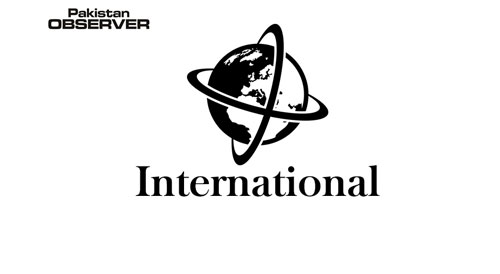London
On both sides of the Atlantic on Thursday, the consequences of President Trump’s decision to ban most travel from Europe began to be felt economically, politically and socially.
European Union leaders issued a scathing statement condemning the move even as many nations on the Continent moved to tighten their own restrictions on the movement of people both within their borders and from outside.
“The coronavirus is a global crisis, not limited to any continent and it requires cooperation rather than unilateral action,” it said. “The European Union disapproves of the fact that the U.S. decision to impose a travel ban was taken unilaterally and without consultation.”
Tens of thousands of Americans in Europe scrambled to figure out what they needed to do before the 30-day travel ban goes into effect on Friday, with many unclear on the scope of the ban and worried that their flights home would be cancelled. And airlines, hotels and scores of other industries — many of which had already been hurting from restrictions put in place to slow the spread of the virus — braced for even steeper declines.
Italy, already on lockdown, clamped down even further, and on Thursday morning virtually the only public places still open to its 60 million citizens were supermarkets and medical facilities.
Within the European Union — where the free movement of people among members states has long been considered one of the crowning achievements of the post-World War II order — the Czech Republic on Thursday joined other nations in announcing new border checkpoints.
Outside Europe, the fight against the virus also gained intensity, with India joining the growing list of countries imposing drastic travel limits.
If the virus had seemed a distant threat to many Americans, news that the actor Tom Hanks had tested positive seemed to shake that notion. And the steady drumbeat of bad news from Wall Street only heightened anxiety. Asian and European markets were trading sharply lower on Thursday.
Delays in testing in America have made it difficult to get a full sense of scale of the outbreak there. But states are increasingly taking matters into their own hands, declaring states of emergency, cancelling school and university classes, limiting the size of gatherings and ordering thousands of people with potential exposure to the virus into isolation.
In New York City, which has 62 confirmed cases, Mayor Bill de Blasio said he planned to issue rules limiting events with large crowds — and mentioned Broadway specifically.
“I don’t want to see Broadway go dark if we can avoid it,” he said. “I want to see if we can strike some kind of balance.”
Mr. de Blasio said he did not plan to shut down the subway system or close all of the city’s public schools. But he provide no further details, saying only that his administration planned to take steps on Thursday or Friday.
Vice President Mike Pence said on Thursday that thousands more cases of coronavirus were expected in the United States, and that Americans returning from Europe would need to quarantine themselves for 14 days.
“We know there will be thousands of more cases of coronavirus,” Mr. Pence said on NBC’s “Today” show. Asked whether it could be millions, he declined to answer, saying, “I’ll leave to the experts to make the estimates of how many people will be infected.” Speaking hours after President Trump announced a travel ban from most European countries, Mr. Pence offered more details on the plan during appearances on several morning television shows.
Americans returning from the affected area of Europe in the next 30 days, he said, would be “funneled through 13 airports.”
The Department of Homeland Security issued a statement after Mr. Trump’s remarks clarifying that the ban did not “apply to legal permanent residents, (generally) immediate family members of U.S. citizens and other individuals who are identified in the proclamation.”—Agencies










